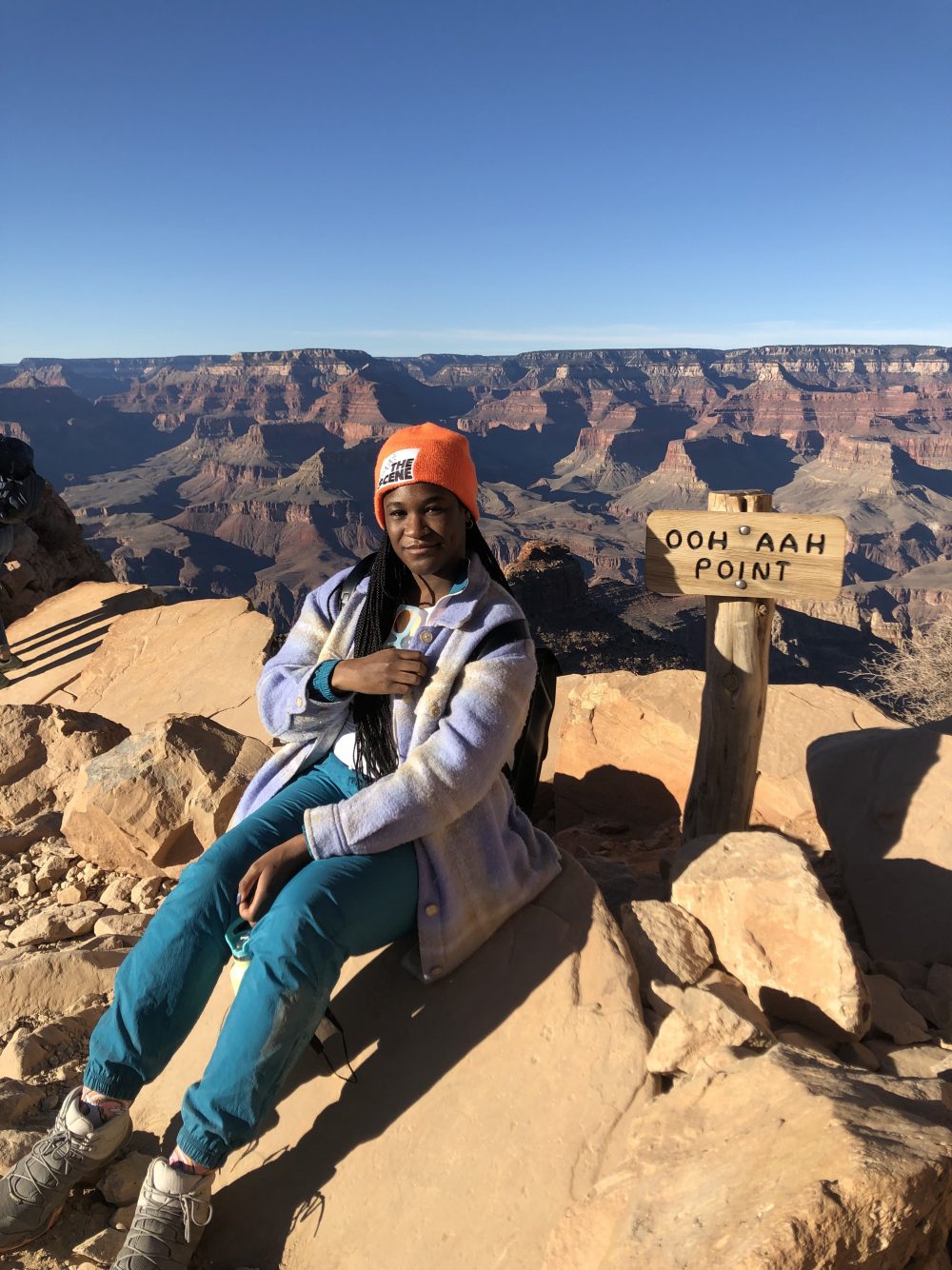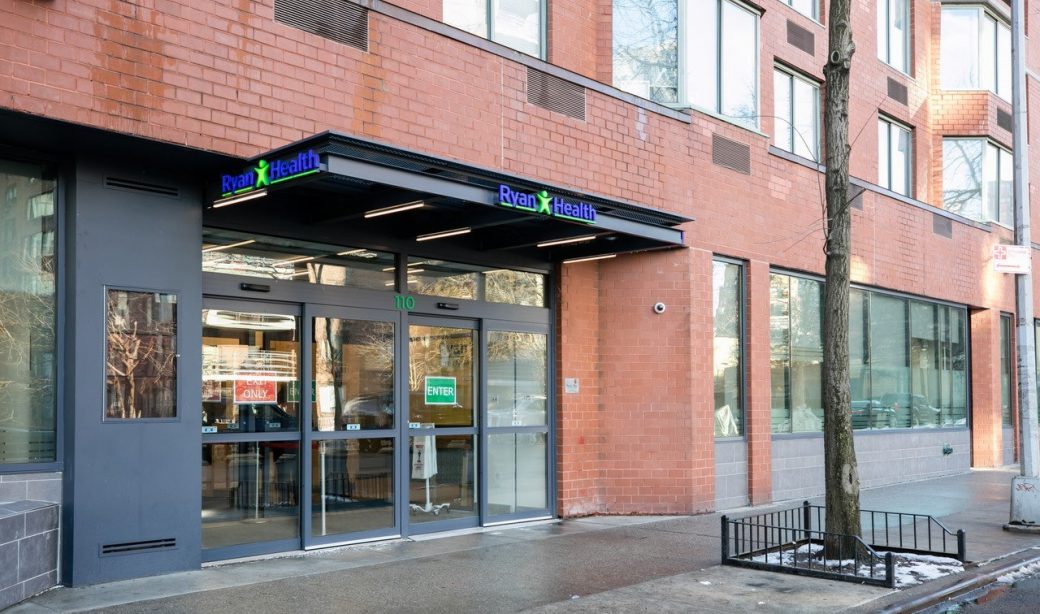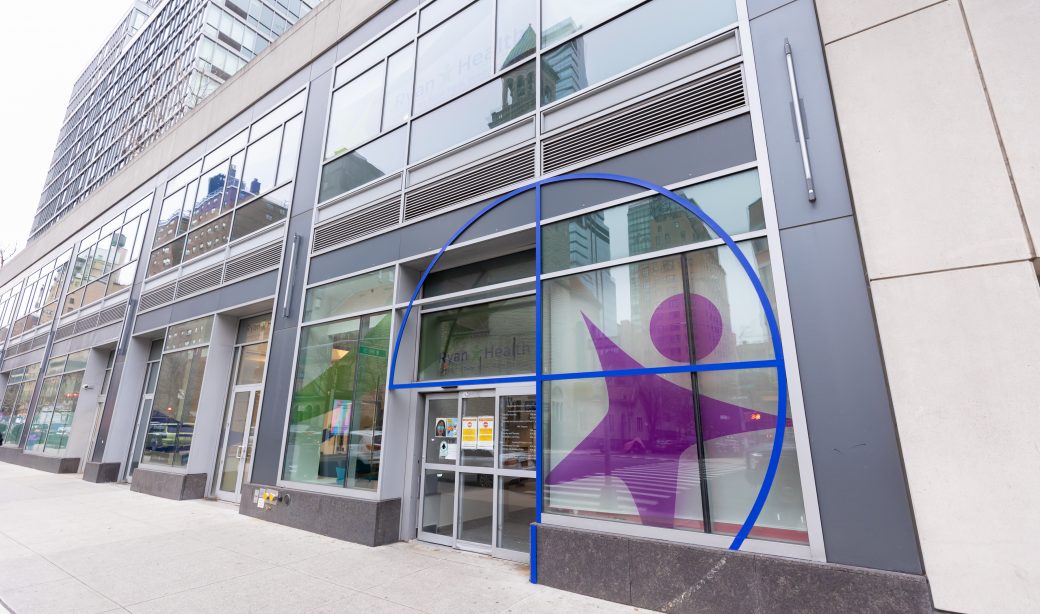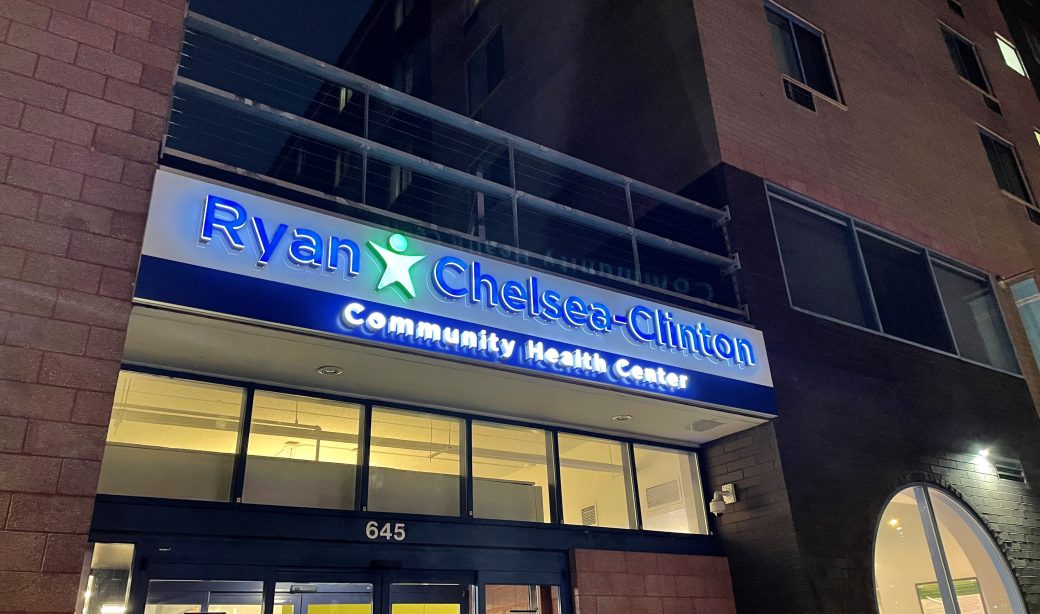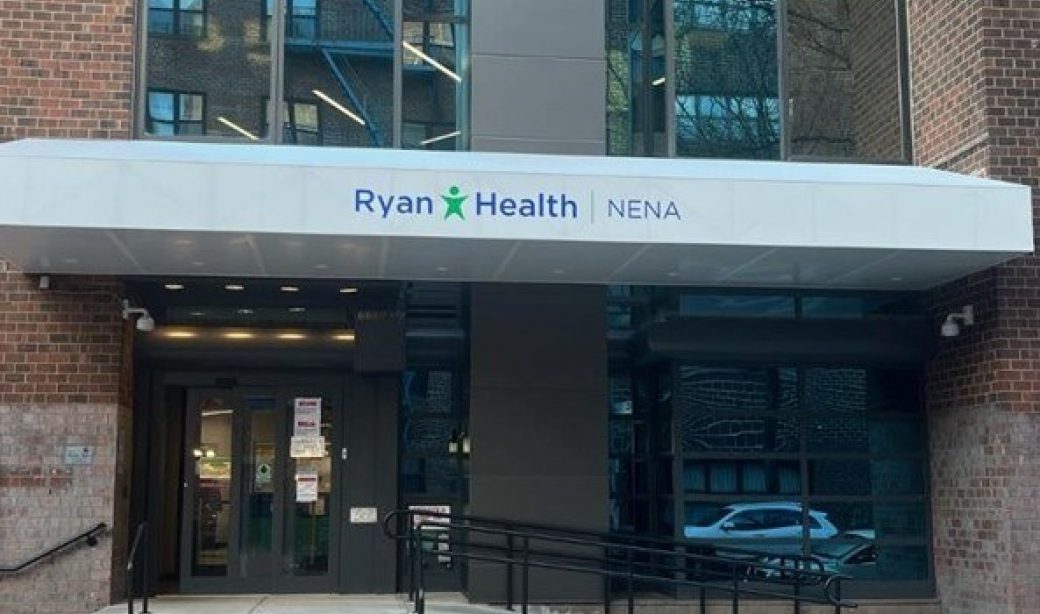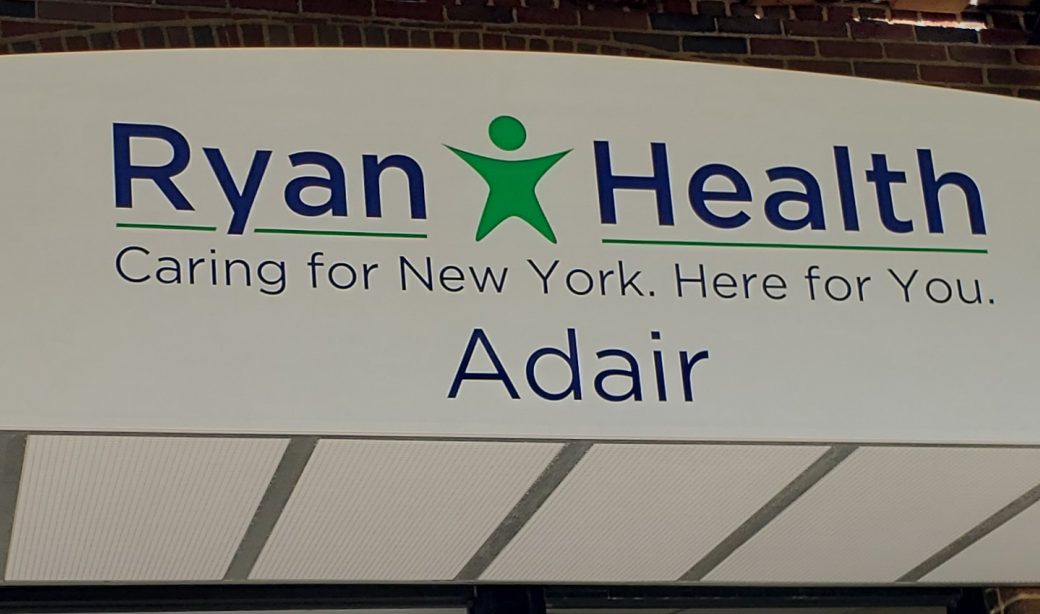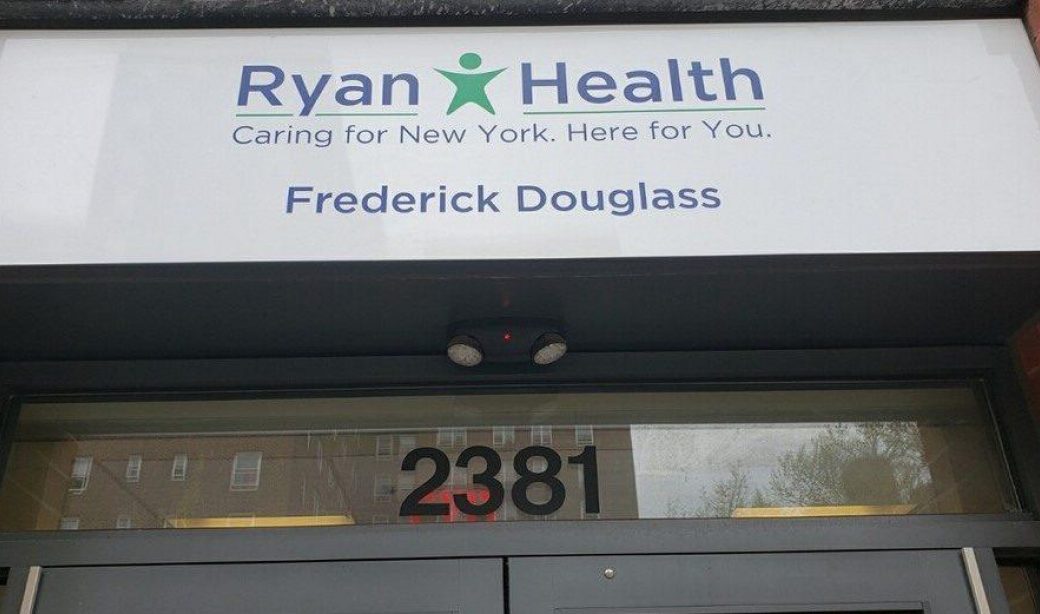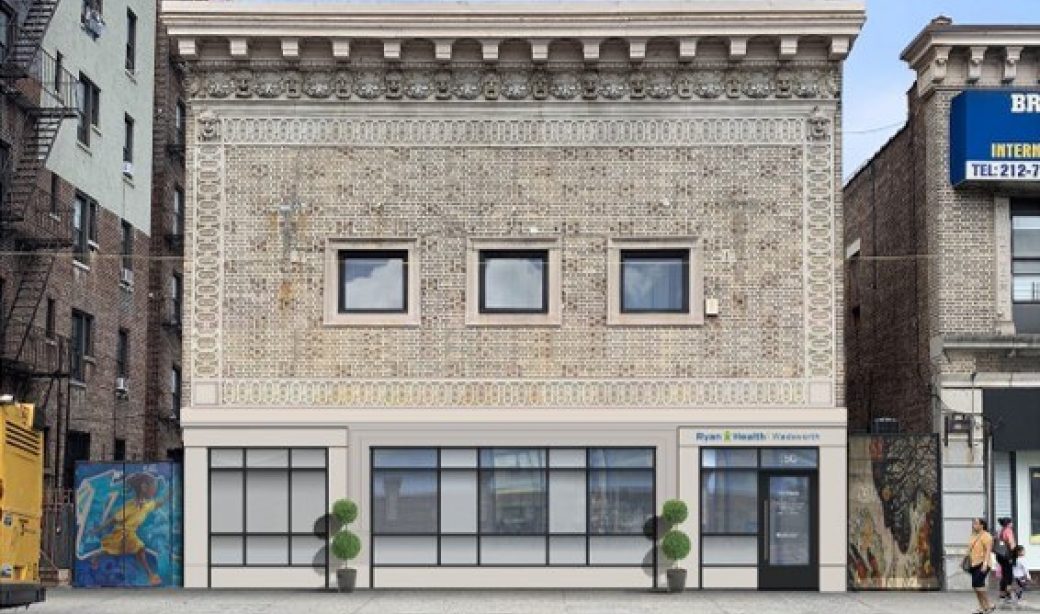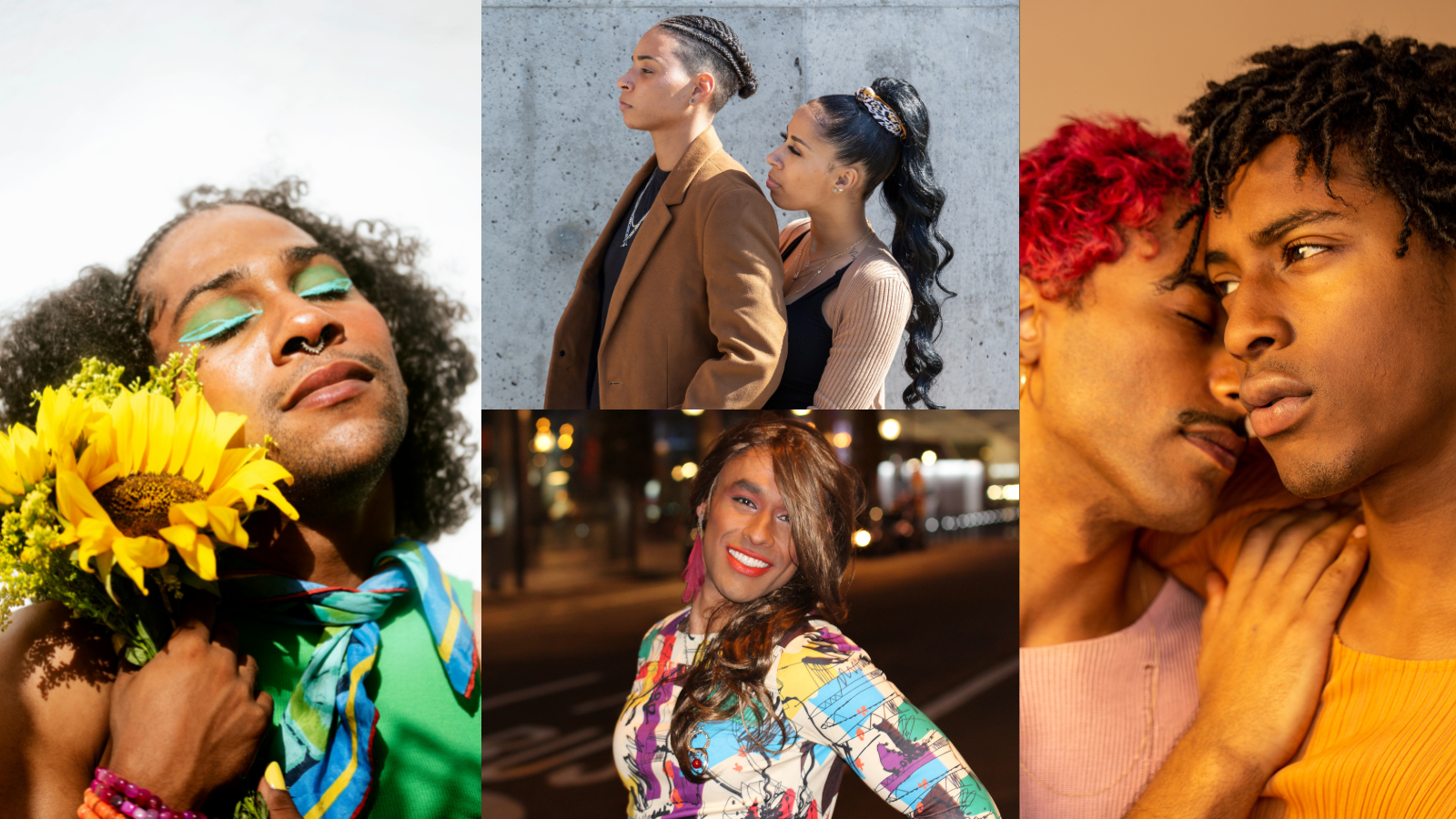
It’s coincidental that Juneteenth occurs during Pride Month, but both celebrations have much in common. Because Pride Month honors the diversity of the LGBTQ+ community, Juneteenth represents a great opportunity for those who are Black and LGBTQ+ to be at the forefront of important conversations regarding social justice.
Juneteenth is a celebration of freedom. It’s the day that word of the Emancipation Proclamation freeing the slaves signed by President Abraham Lincoln two years earlier made it to its final point in Texas.
Today, however, systemic racism often prevents Black Americans from enjoying the rewards of full citizenship, as outlined in the US Constitution. Likewise, the LGBTQ+ community is often marginalized, despite the fact that LGBTQ+ people are present in every community, everywhere. The overlap within the Black and LGBTQ+ communities has resulted in a powerful legacy of resistance in the face of injustice. Since the earliest days of the Pride Movement, Black LGBTQ+ activists like Masha P. Johnson, James Baldwin, and Audre Lorde have affirmed a need for continued action to rectify the ills of the past.
Access to housing, safety issues with law enforcement, equality in education, and even marriage equality are concerns for the Black and LGBTQ+ communities. Access to healthcare is a common barrier for both communities, one that Ryan Health is working hard to overcome.
Ryan Health has a long and storied history of caring for those with HIV/AIDS, which disproportionally impacts Black and Brown people, as well as LGBTQ+ people. Among some in the community, internalized homophobia and transphobia prevent people from getting healthcare. Fortunately, Ryan Health serves all these communities and seeks to connect with our patients, understand their intersecting identities, and respond to their community-specific challenges.
As a Black and queer woman, I live and work in my community, and I benefit from the work we’re doing. I see myself in our patient population. Working at Ryan Health has given me insight into the primary challenges to preventing my community from achieving health equity. I feel a personal responsibility to be part of the solution, and I approach each workday with this goal in mind.
Ultimately, Juneteenth is a recognition of delayed emancipation. It’s also a reminder that there is still so much work to be done to heal our present-day ills. I worry that the meaning of Juneteenth will be sanitized over time. It’s our charge to ensure that we as a nation use the day to have difficult conversations about who is hurting and why, and what steps we must take to remedy the situation.
There is much to learn from the Black LGBTQ+ experience. Doing that work is how we’ll all progress, and share in the joint celebrations of Juneteenth and Pride.
Omotayo Balogun (she/they) is a Planning Coordinator in the Planning and Development Department at Ryan Health. We want to give Omotayo a huge shout this month for her acceptance to the University of California, Irvine, School of Medicine. We wish you much success on your journey!
